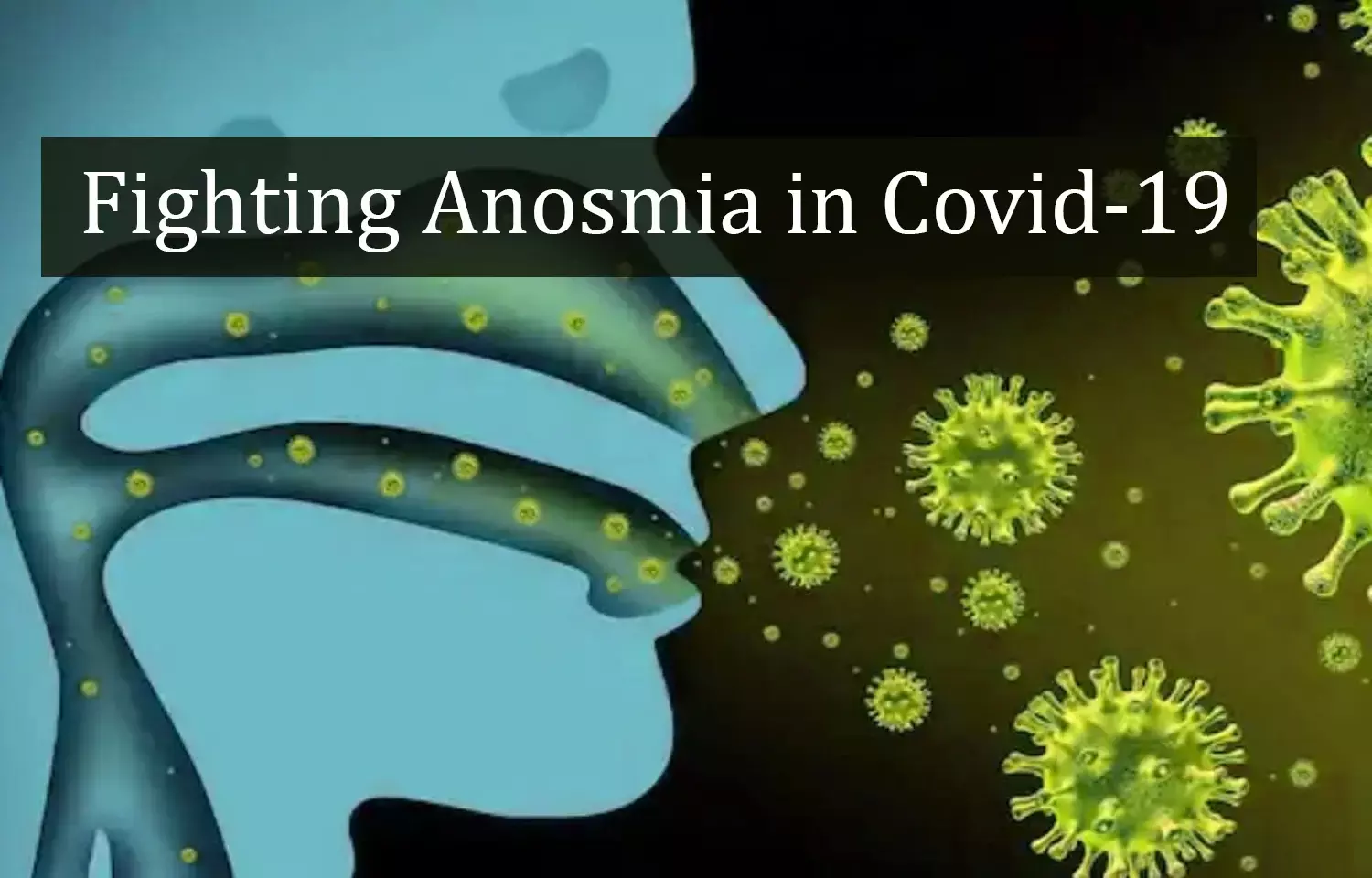- Home
- Medical news & Guidelines
- Anesthesiology
- Cardiology and CTVS
- Critical Care
- Dentistry
- Dermatology
- Diabetes and Endocrinology
- ENT
- Gastroenterology
- Medicine
- Nephrology
- Neurology
- Obstretics-Gynaecology
- Oncology
- Ophthalmology
- Orthopaedics
- Pediatrics-Neonatology
- Psychiatry
- Pulmonology
- Radiology
- Surgery
- Urology
- Laboratory Medicine
- Diet
- Nursing
- Paramedical
- Physiotherapy
- Health news
- Fact Check
- Bone Health Fact Check
- Brain Health Fact Check
- Cancer Related Fact Check
- Child Care Fact Check
- Dental and oral health fact check
- Diabetes and metabolic health fact check
- Diet and Nutrition Fact Check
- Eye and ENT Care Fact Check
- Fitness fact check
- Gut health fact check
- Heart health fact check
- Kidney health fact check
- Medical education fact check
- Men's health fact check
- Respiratory fact check
- Skin and hair care fact check
- Vaccine and Immunization fact check
- Women's health fact check
- AYUSH
- State News
- Andaman and Nicobar Islands
- Andhra Pradesh
- Arunachal Pradesh
- Assam
- Bihar
- Chandigarh
- Chattisgarh
- Dadra and Nagar Haveli
- Daman and Diu
- Delhi
- Goa
- Gujarat
- Haryana
- Himachal Pradesh
- Jammu & Kashmir
- Jharkhand
- Karnataka
- Kerala
- Ladakh
- Lakshadweep
- Madhya Pradesh
- Maharashtra
- Manipur
- Meghalaya
- Mizoram
- Nagaland
- Odisha
- Puducherry
- Punjab
- Rajasthan
- Sikkim
- Tamil Nadu
- Telangana
- Tripura
- Uttar Pradesh
- Uttrakhand
- West Bengal
- Medical Education
- Industry
COVID-19 Patients with anosmia recover fully after one year: JAMA

More than a year into the pandemic, persistent COVID-19-related anosmia has shown excellent prognosis with nearly complete recovery at 1 year, suggests a recent research conducted at the Otorhinolaryngology Department, University Hospitals of Strasbourg, Strasbourg, France.
The study is published in the JAMA Network Open.
Since the pandemic was declared in early 2020, COVID-19–related anosmia quickly emerged as a telltale sign of infection. However, the time course and reversibility of COVID-19–related olfactory disorders, which may persist and negatively affect patients' lives, require further study.
Therefore, the researchers carried out the present cohort study to clarify the clinical course and prognosis of patients with COVID-19–related anosmia for 1 year and also performed repeated olfactory function evaluations for a subset of patients.
The study included a cohort of 97 patients with polymerase chain reaction–proven COVID-19 with acute smell loss (lasting >7 days). Over the course of 1 year, at 4-month intervals, patients were asked to complete a survey, and their olfactory function was assessed by psychophysical testing (the threshold and identification tests; Sniffin' Sticks Test; Burghardt).
Hyposmic or anosmic patients were followed until objective olfactory recovery (normal results were defined as those at or above the 10th percentile). Data analysis was performed.
The findings observed included-
a. Of these patients, 51 (52.6%) underwent both subjective and objective olfactory test, and 46 (47.4%) underwent subjective assessment alone.
b. After subjective assessment at 4 months, 23 of 51 patients (45.1%) reported full recovery of olfaction, 27 of 51 patients (52.9%) reported partial recovery, and 1 of 51 patients (2.0%) reported no recovery.
c. On psychophysical testing, 43 of 51 patients (84.3%) were objectively normosmic, including 19 of 27 (70.0%) who self-evaluated as only partially recovered (all patients who self-reported normal return of smell were corroborated with objective testing).
d. The remaining 8 patients (15.7%) with persistent subjective or objective loss of smell were followed up at 8 months, and an additional 6 patients became normosmic on objective testing.
e. At 8 months, objective olfactory assessment confirmed full recovery in 49 of 51 patients (96.1%). f. Two patients remained hyposmic at 1 year, with persistent abnormalities (1 with abnormal olfactory threshold and 1 with parosmia causing abnormal identification).
g. Among those who underwent subjective assessment alone, 13 of 46 patients (28.2%) reported satisfactory recovery at 4 months (7 with total and 6 with partial recovery), and the remaining 33 patients (71.7%) did so by 12 months (32 with total and 14 with partial recovery).
Hence, the authors concluded that "persistent COVID-19–related anosmia has an excellent prognosis with nearly complete recovery at 1 year."
Furthermore, as clinicians manage an increasing number of people with post-COVID syndrome, data on long-term outcomes are needed for informed prognostication and counseling.
Dr. Nandita Mohan is a practicing pediatric dentist with more than 5 years of clinical work experience. Along with this, she is equally interested in keeping herself up to date about the latest developments in the field of medicine and dentistry which is the driving force for her to be in association with Medical Dialogues. She also has her name attached with many publications; both national and international. She has pursued her BDS from Rajiv Gandhi University of Health Sciences, Bangalore and later went to enter her dream specialty (MDS) in the Department of Pedodontics and Preventive Dentistry from Pt. B.D. Sharma University of Health Sciences. Through all the years of experience, her core interest in learning something new has never stopped. She can be contacted at editorial@medicaldialogues.in. Contact no. 011-43720751
Dr Kamal Kant Kohli-MBBS, DTCD- a chest specialist with more than 30 years of practice and a flair for writing clinical articles, Dr Kamal Kant Kohli joined Medical Dialogues as a Chief Editor of Medical News. Besides writing articles, as an editor, he proofreads and verifies all the medical content published on Medical Dialogues including those coming from journals, studies,medical conferences,guidelines etc. Email: drkohli@medicaldialogues.in. Contact no. 011-43720751


